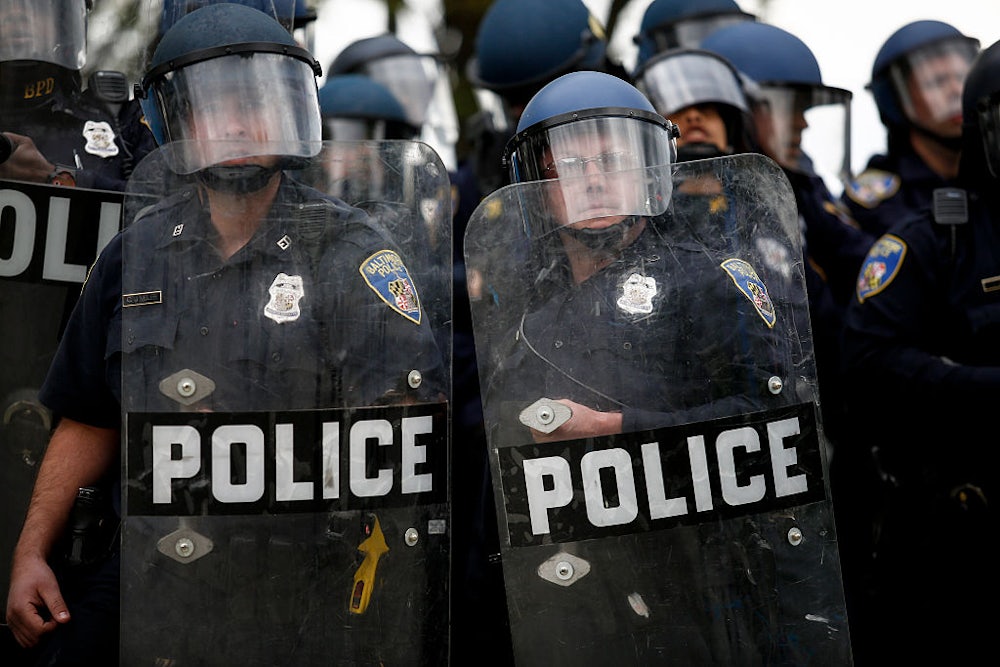Governor John Bel Edwards signed a bill today that includes police, firefighters, and EMS personnel within the state’s hate crime statute. This means a harsher penalty of five more years in prison with hard labor and a fine of up to $5,000 for felonies like murder, assault, and battery. The bill sailed through both houses of the Louisiana state legislature, with a unanimous 91-0 vote in the House of Representatives.
Louisiana’s “Blue Lives Matter” bill was buoyed by the recent police killings in Baton Rouge and Dallas, and reflects a growing sentiment among law enforcement and other public officials that the police are under siege. A legislator introduced a similar bill in New York State today, faulting the climate created by Black Lives Matter protests. Pennsylvania, Tennessee, Texas, and Florida have also introduced similar bills, and a Colorado representative, Ken Buck, has introduced one at the federal level.
Such bills obscure the intention of hate crime laws and the conditions actually facing police officers. Hate crime laws combat bias against an immutable group identity, like gender or race, and are intended to protect vulnerable minority groups. The profession of policing is not in this category. It is a line of work that comes with known dangers and is already part of a protected class in that attacks against it are automatic felonies.
Moreover, the recent and highly publicized attacks on police mask FBI figures that show that “felonious” killings of police officers in the line of duty are at a ten-year low, and that the rates for assaults and injuries of police officers have decreased. In contrast, police killings of civilians, including those who have never been charged with a crime, increased between 2014 and 2015.
For Black Lives Matter activists, such bills serve to shore up the police in the public eye while blaming the police accountability movement for crimes that it neither encouraged nor committed. A New Orleans activist with Black Youth Project 100 told MTV News that the bill is “a direct response to the work of Black Lives Matter,” and would “criminalize those who work to end police brutality.”
